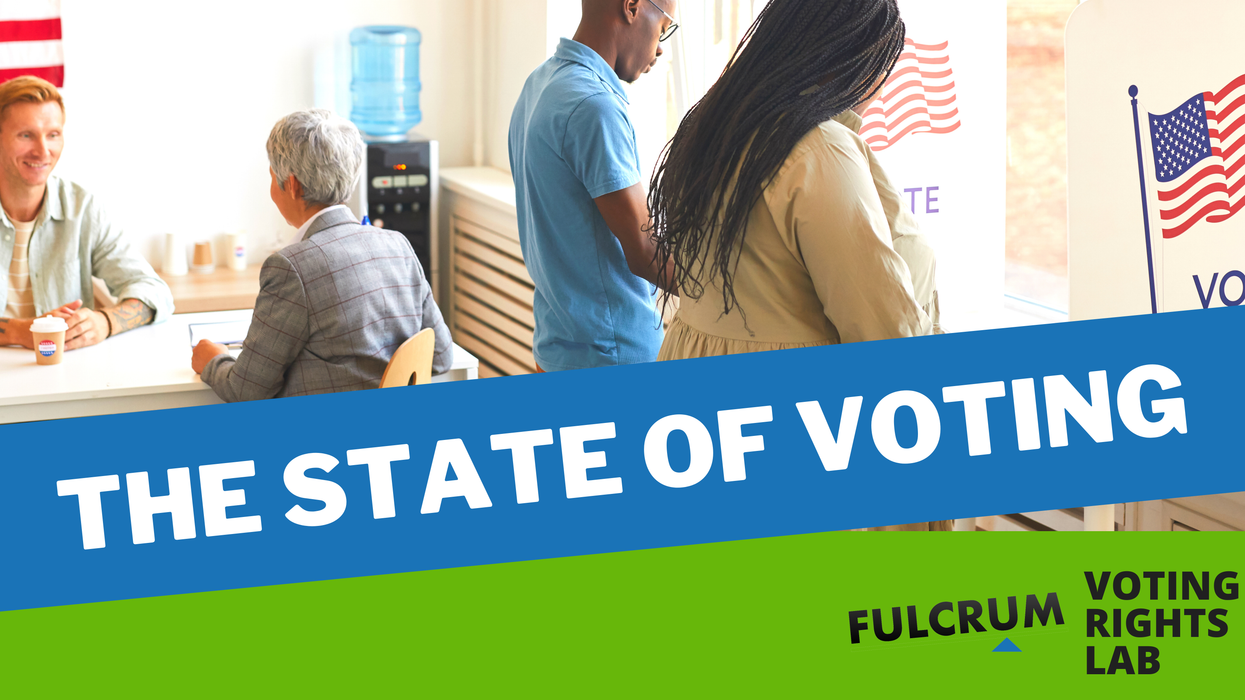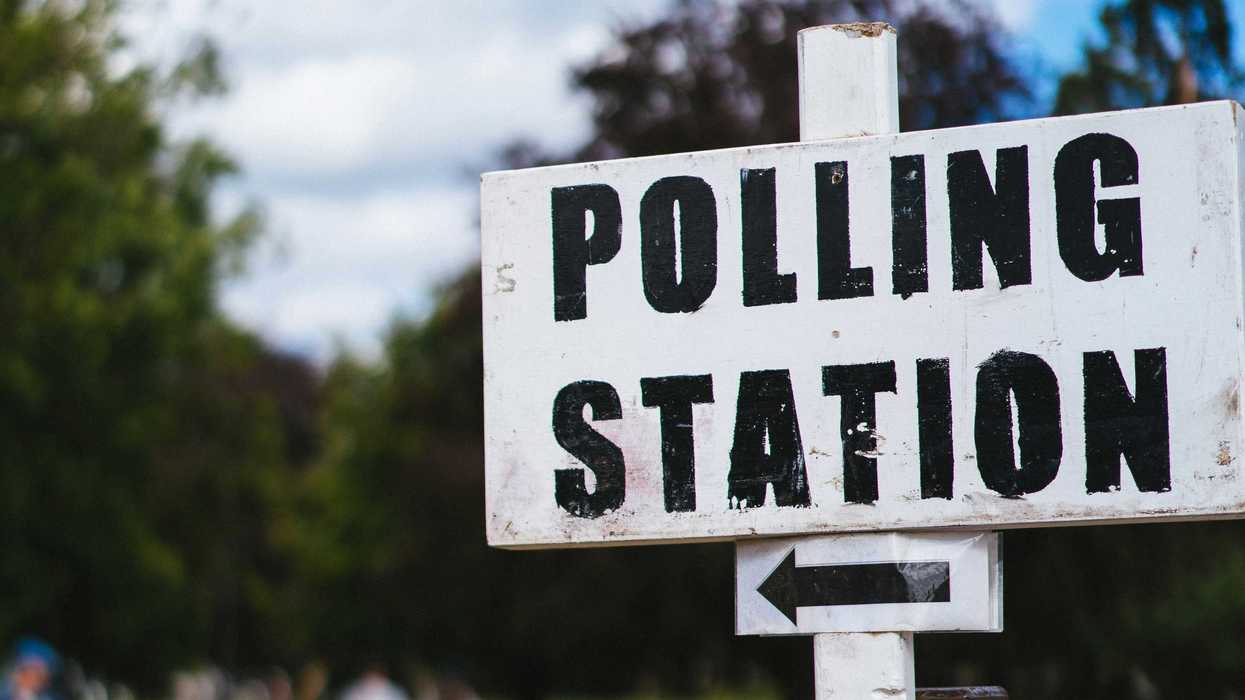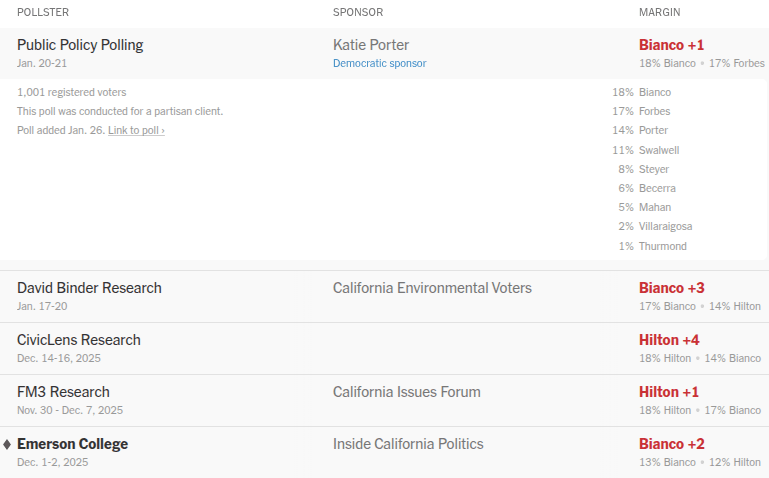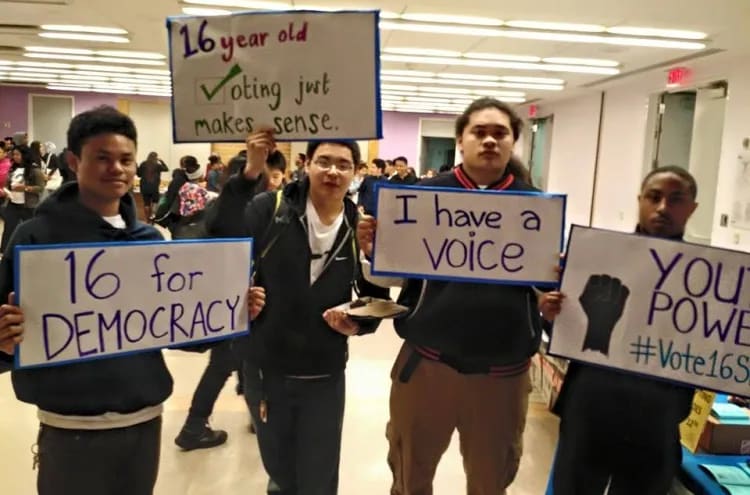This weekly update summarizing legislative activity affecting voting and elections is powered by the Voting Rights Lab. Sign up for VRL’s weekly newsletter here.
The Voting Rights Lab is tracking 2,212 bills so far this session, with 583 bills that tighten voter access or election administration and 1,061 bills that expand the rules. The rest are neutral, mixed or unclear in their impact.
Election season is not complete, with the Georgia runoff on tap for Dec. 6. A state judge ruled that counties may offer early voting on Saturday, Nov. 26, rebuking guidance issued by the secretary of state.
Elsewhere, New Hampshire’s Special Committee on Voter Confidence found that the state’s elections are accurate and that ballot-counting devices are reliable, despite legislative efforts to prohibit ballot-counting devices. Ohio legislators unveiled new bill language that would create stricter ID requirements and make it more difficult to receive and cast mail ballots. And the newly elected Alabama secretary of state announced that he will withdraw the state from the Electronic Registration Information Center, a nonpartisan collective of 33 states and the District of Columbia that shares registration information to keep voter rolls accurate.
Looking ahead: The Texas legislators have pre-filed dozens of election-related bills ahead of their 2023 session. The Kentucky secretary of state proposed limits to the discretion 2021 H.B. 574 gave county clerks on consolidating polling places, finding that some counties “over-reduced” this election.
Here are the details:
Ohio legislators revive 18-month-old bill, propose restrictions on voting. Lawmakers unveiled a substitute for H.B. 294, originally introduced in May 2021, late last week. The proposed substitute bill, which has not yet been adopted by the House Government Oversight Committee, would prohibit officials from mailing unsolicited absentee ballot applications to voters; limit drop box placement; restrict voters’ ID options; and remove provisions in the original bill facilitating voter registration at the DMV. Legislative leaders hope to pass the bill before the end of the year.
Texas Legislature gears up for the 2023 session with a focus on criminalizing elections. The Texas Legislature comes into session on Jan. 10, 2023, but its members have already pre-filed over 40 bills related to voting and elections. One clear trend in these bills are attempts to further criminalize certain election-related activities. Pre-filed bills would increase criminal penalties for voting when ineligible, expand who has authority to enforce election law, and even provide the attorney general the ability to punish local prosecutors for failing to sufficiently enforce criminal election laws.
Georgia judge allows Saturday early voting for Senate runoff. Fulton County Superior Court Judge Thomas Cox ruled that counties may offer early voting on Saturday, Nov. 26. Sen. Raphael Warnock’s campaign brought suit after Secretary of State Brad Raffensperger issued guidance claiming that counties may not offer early voting on that date due to a state holiday on the preceding Friday. The state has appealed the ruling in an attempt to prohibit Saturday voting. Election Day is Tuesday, Dec. 6.
New Hampshire commission affirms the integrity of the state’s elections. A draft report from New Hampshire’s Special Committee on Voter Confidence found that the state’s elections are accurate, that there is no evidence of widespread fraud, and that ballot-counting devices are reliable. The committee will also recommend expanded training for election officials, increased post-election audits, and consideration of an independent redistricting commission when the final report is published. The report comes as some legislators have attempted to prohibit ballot counting devices and require hand counting, baselessly claiming that the machines are unreliable.
Kentucky secretary of state backs limits on polling place consolidation. Secretary of State Michael Adams, reflecting on this month’s election, determined that some county clerks “over-reduced” the number of polling places, using discretion given to them by 2021 H.B. 574. In response, Adams proposed either giving him and the governor veto authority over counties’ consolidation plans, or establishing statutory floors for how much consolidation counties can do.
Incoming Alabama secretary of state pledges withdrawal from ERIC. Wes Allen, who was elected secretary of state of Alabama this month, announced that he would follow through on a campaign promise to withdraw the state from the Electronic Registration Information Center, a nonpartisan collective of 33 states and D.C. that shares registration information in an attempt to keep voter rolls accurate. The decision conflicts with guidance offered by outgoing Secretary of State John Merrill, who recommended the state continue to make use of the service.






















